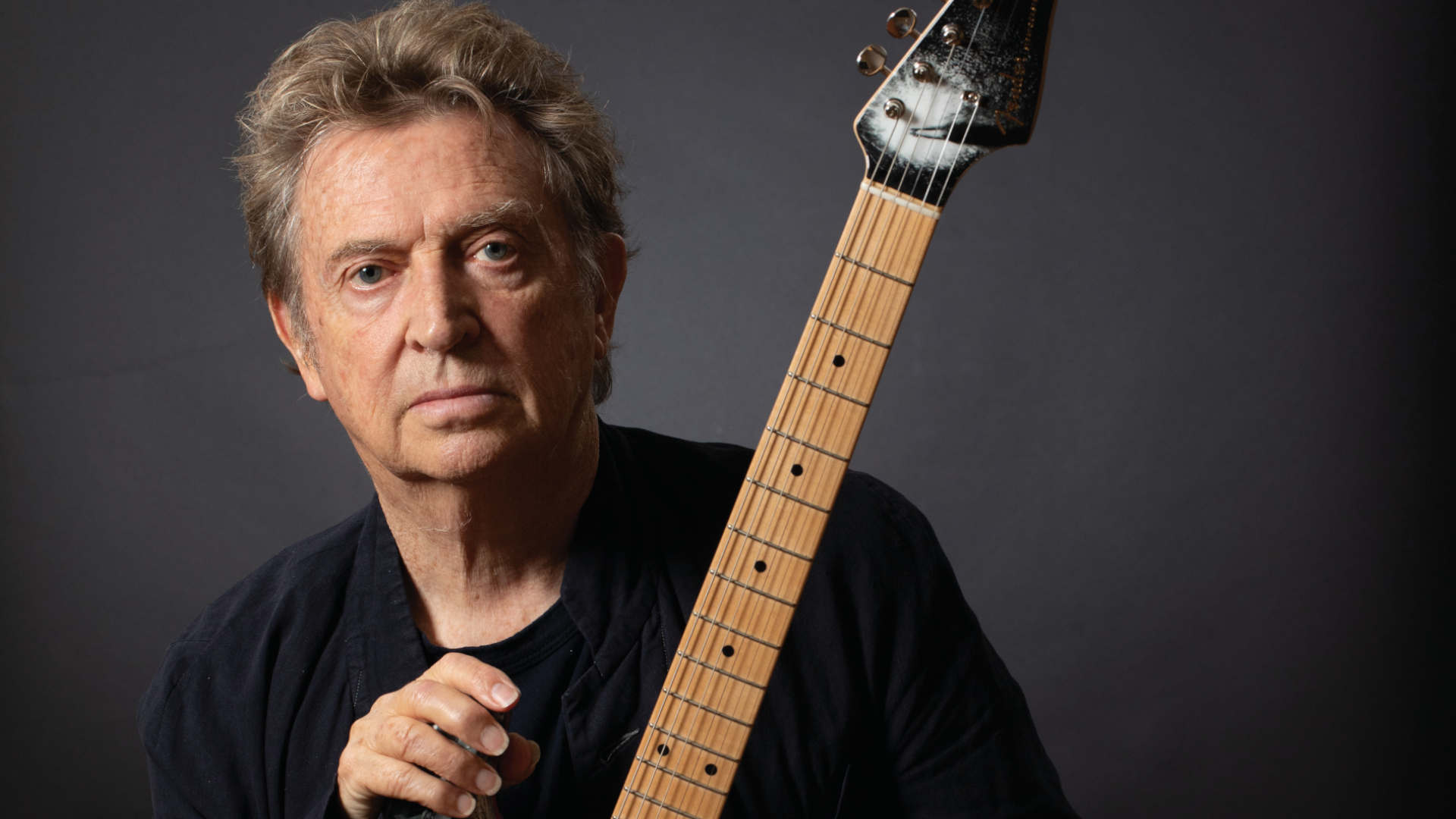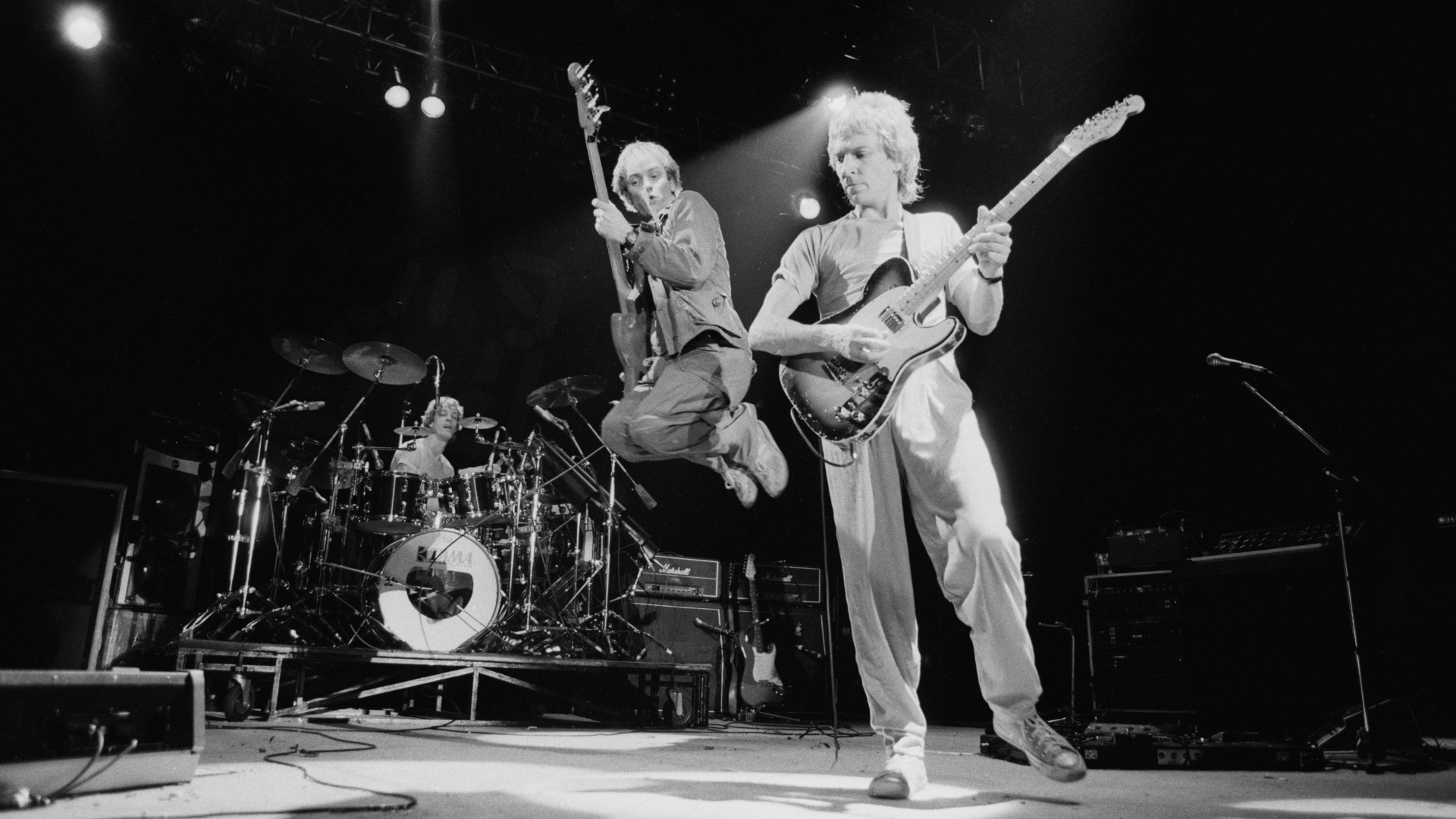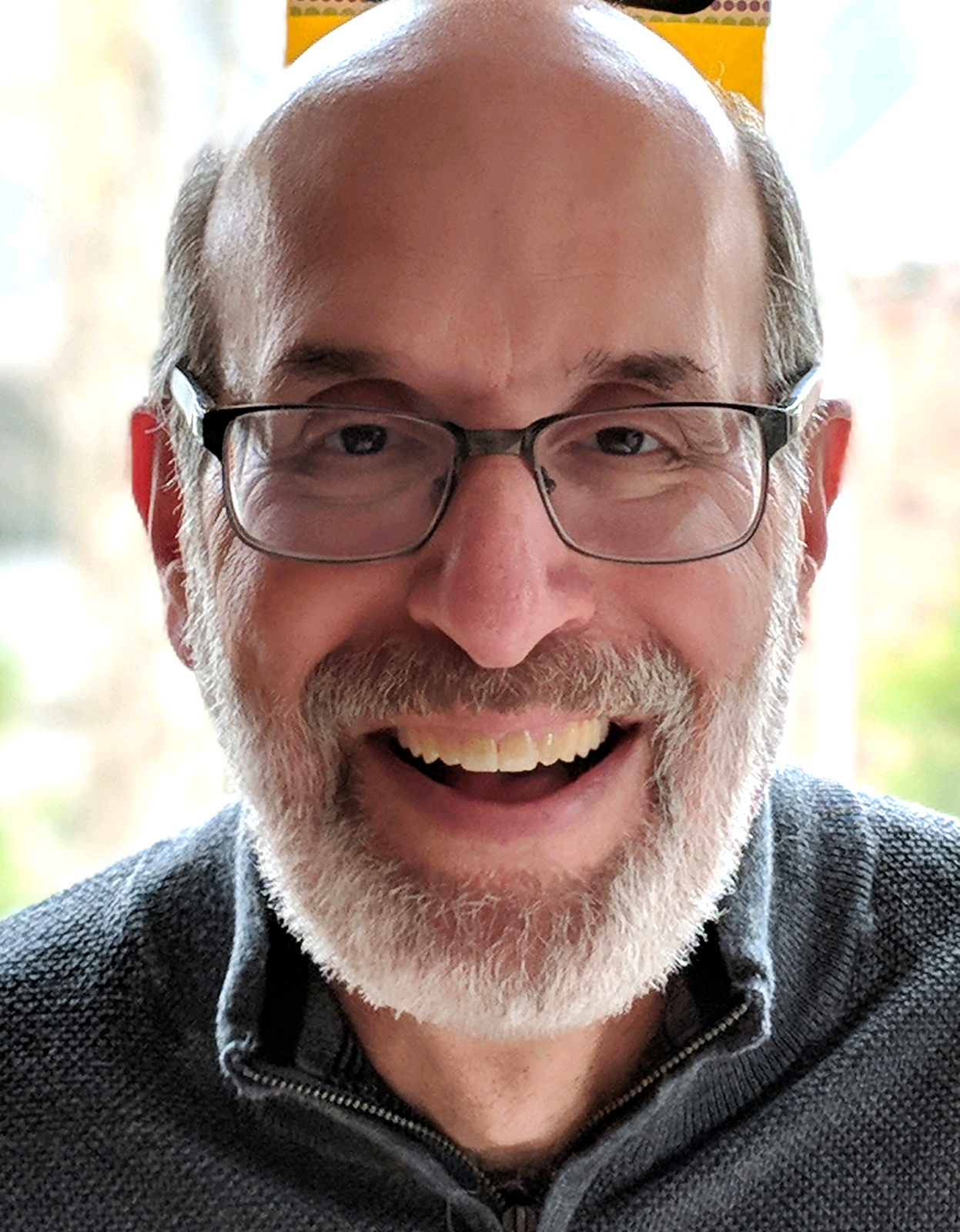“It's past 2 billion plays on Spotify… which makes my guitar riff one of the most-played in history!” Andy Summers reveals his role in the making of the Police hit “Every Breath You Take”
The former Police guitarist says his riff should have earned him a writing credit

All the latest guitar news, interviews, lessons, reviews, deals and more, direct to your inbox!
You are now subscribed
Your newsletter sign-up was successful
As former Police bassist Sting hits the road for his Sting 3.0 tour, the time seems right to explore the making of the group’s 1983 hit "Every Breath You Take” — and, in particular, guitarist Andy Summers’ vital role in its creation and success.
The lead single from the trio's fifth and final studio album, Synchronicity, "Every Breath You Take" was a generational juggernaut that became the group's biggest hit. It topped the charts on both sides of the pond, spending eight weeks at number one on the Billboard Hot 100 — the only time the Police ever hit that summit — and went on to win Grammy Awards for “Song of the Year” and "Best Pop Performance by a Duo or Group with Vocals.”
Meanwhile, the British Academy of Songwriters, Composers and Authors gave it an Ivor Novello Award for “Best Song Musically and Lyrically." To sweeten things further, it was the top-selling single of 1983 and the fifth best-seller of the 1980s.
Not bad for a deceptively romantic tune about obsession and the fury of the scorned.
That success, however, was a reward for the tune's difficult gestation. The Police — Sting, Summers and drummer Stewart Copeland — were at odds with one another while making the similarly chart-topping, multi-Platinum Synchronicity with co-producer Hugh Padgham at AIR Studios in Montserrat. The delicate balance of creative visions and egos was splintering, particularly between Sting and Copeland.

To smooth things over, Sting threw an olive branch to his bandmates by letting each compose and sing one track on the set: Summers delivered "Mother," and Copeland brought "Miss Gradenko." Nevertheless, Synchronicity would mark the end of the group's recording run, and the three musicians went their own ways after a tour to support the album.
But more than 40 years later, Summers has recovered from his Synchronicity PTSD. "I think we did a good job at the time," he tells Guitar Player via Zoom. "I think we were in a difficult position. Clearly, Sting wanted to leave the band, and yet we had this massive album all over the world."
All the latest guitar news, interviews, lessons, reviews, deals and more, direct to your inbox!
That said, Summers has one lingering issue with "Every Breath You Take.” He's long contended that he deserves a writing credit for it, since his distinctive, chorus-tinged riff became such a defining element of the song.
"There wasn't a guitar part on it when Sting wrote it,” Summers explains. “It was just him singing, with this Hammond organ kind of thing, like Billy Preston or something. It didn't sound like the Police at that point.
"There wasn't a guitar part on it when Sting wrote it. It didn't sound like the Police at that point.”
—Andy Summers
“I just went into the studio and I heard the chord sequence for it, and it immediately came to me to play the riff I came up with. It was very much in the Police guitar style, if you like.”
As for what inspired his part, Summers believes it may have derived from his early 1980s collaborations with Robert Fripp. "At the time I'd made one record with Robert” — 1982’s I Advance Mask — "and I think we were due to make another one. I was looking for material.”
But Summers says the line’s harmonic structure owes much to the classical guitar genre. “One of the things I had engaged with in my life, especially when I was mad about classical guitar, was the Bartok string duos,” he says. “I would listen to and try to play these beautiful Bartok things. So I had that kind of harmony in my playing, to some extent. Bartok would take it much farther out to add a ninth rather than a third — that kind of thing. So it fit with my mental musical landscape at the time, and it was very natural for me to play that sort of thing. When it came to the recording, we got it done on one take, actually.”
While another guitarist might have just strummed the song’s chords, Summers saw in its simple structure an opportunity to add a defining element.
"There's no way that I would've gone in and strummed A, F sharp minor, D and E,” he says. “What I managed to do with that guitar lick was take it into a very hip other atmosphere that was completely moody and set the song up. Instead of just strumming some really stupid chords, I made something out of it.
“Instead of just strumming some really stupid chords, I made something out of it.”
—Andy Summers
“It's now past two billion plays on Spotify, so it is actually the most-played song of all-time history,” he adds. “Which makes my guitar riff one of the most-played riffs in history. Not too shabby.”
As a coda to the group’s history, “Every Breath You Take” begs the question of what might have happened had the Police stayed together. Summers is certain they could have had a much longer and even more successful run. “We could've gone on and done more and more,” he contends. “We were the biggest band in the world."
Gary Graff is an award-winning Detroit-based music journalist and author who writes for a variety of print, online and broadcast outlets. He has written and collaborated on books about Alice Cooper, Neil Young, Bob Seger, Bruce Springsteen and Rock 'n' Roll Myths. He's also the founding editor of the award-winning MusicHound Essential Album Guide series and of the new 501 Essential Albums series. Graff is also a co-founder and co-producer of the annual Detroit Music Awards.


